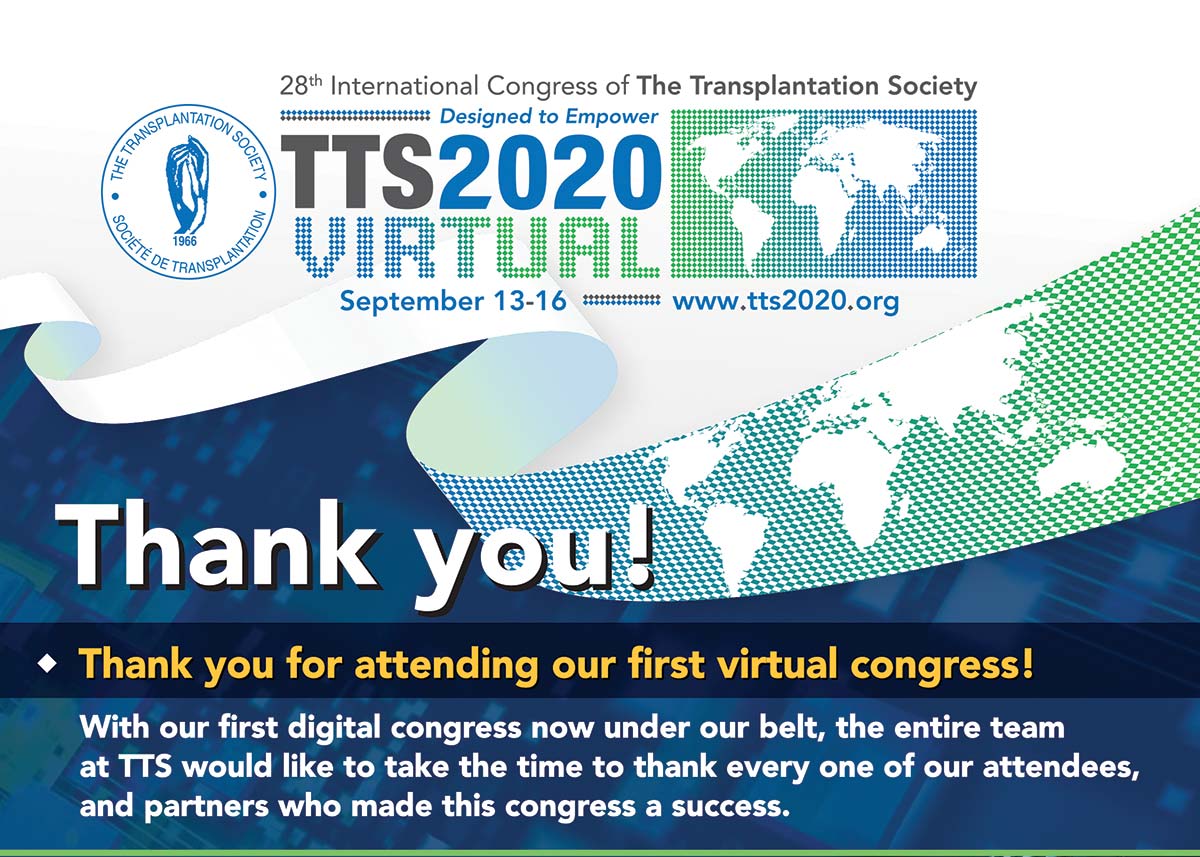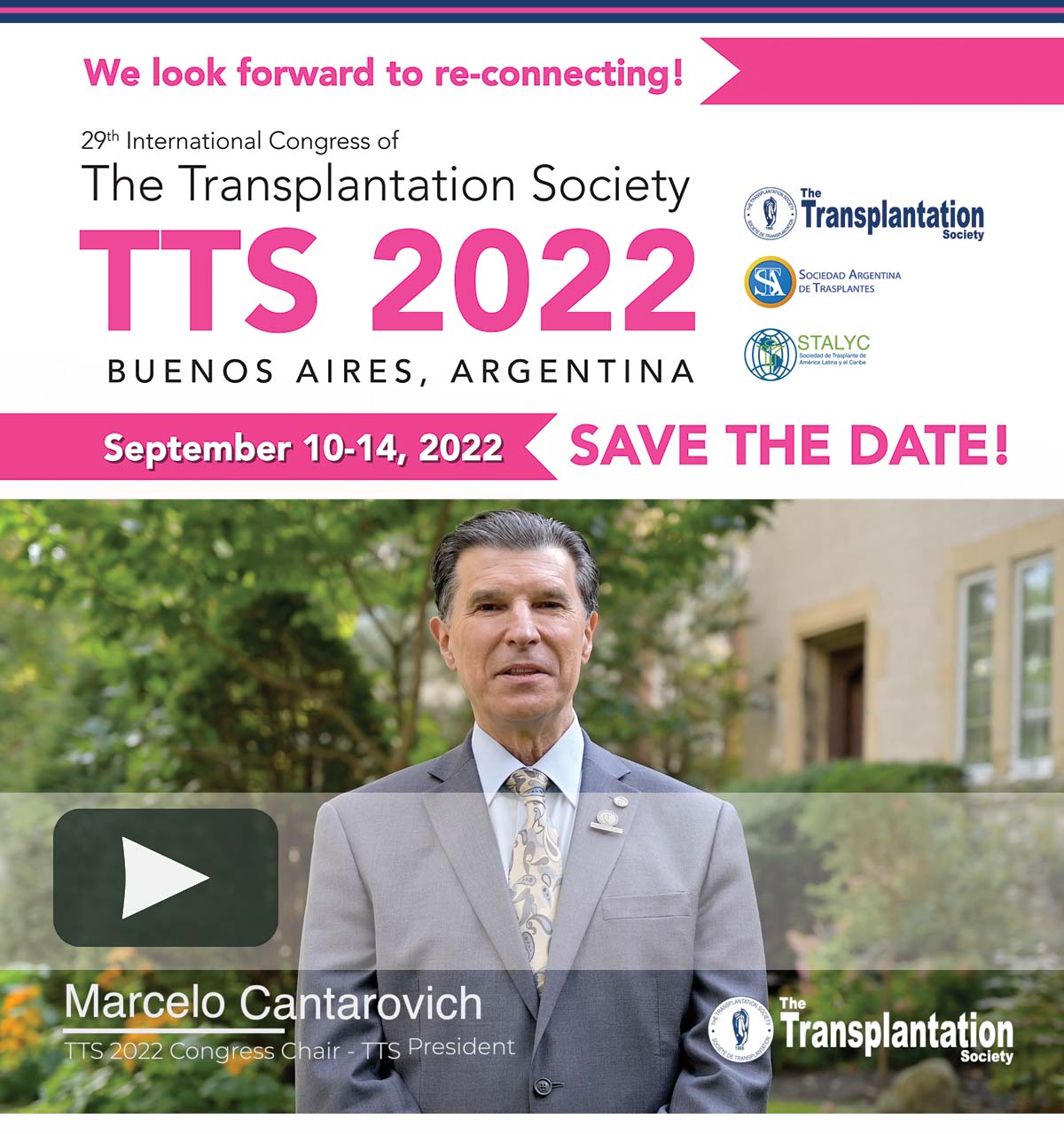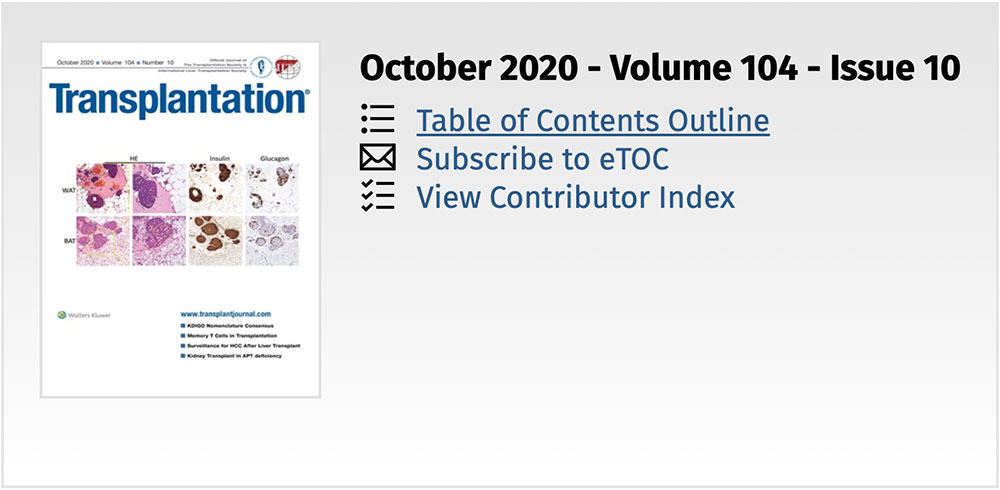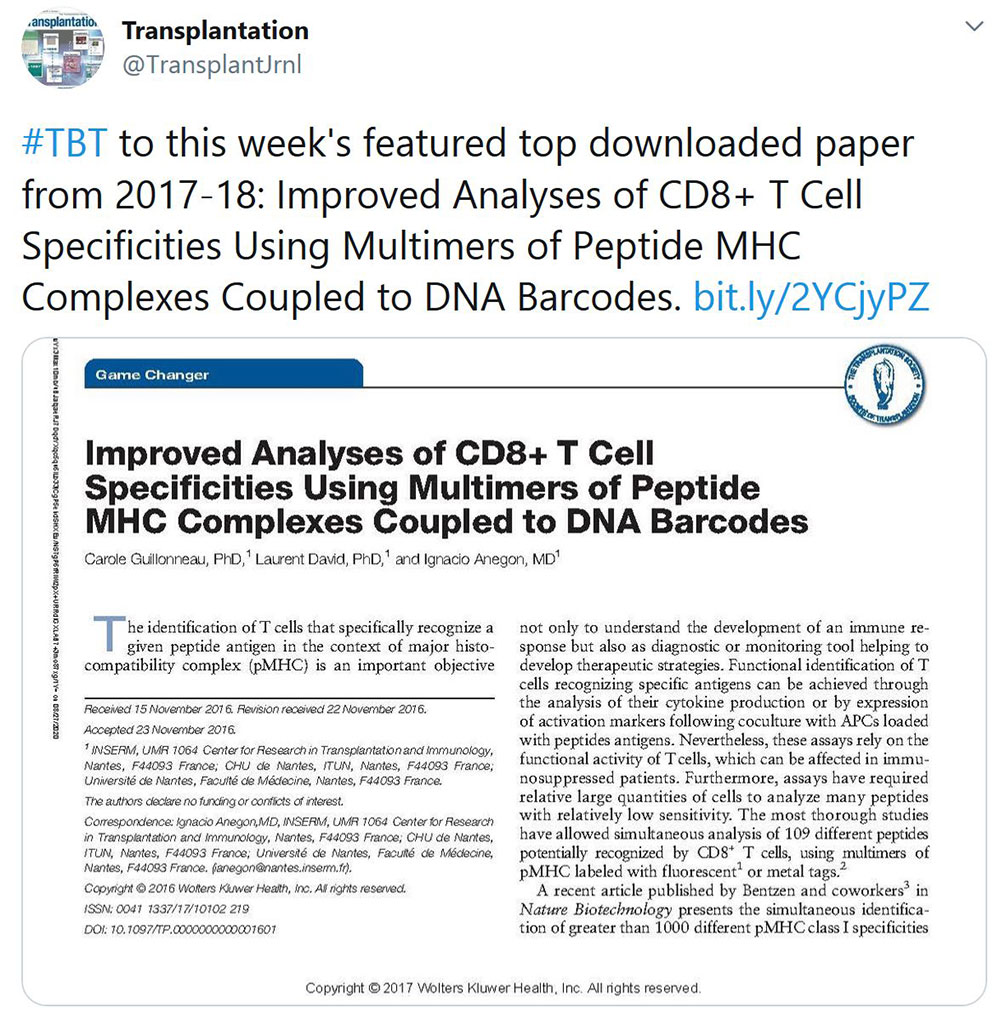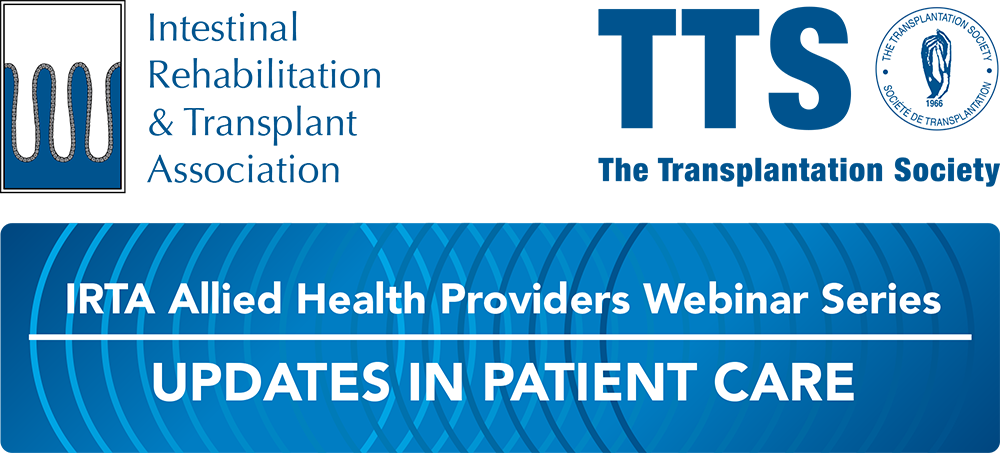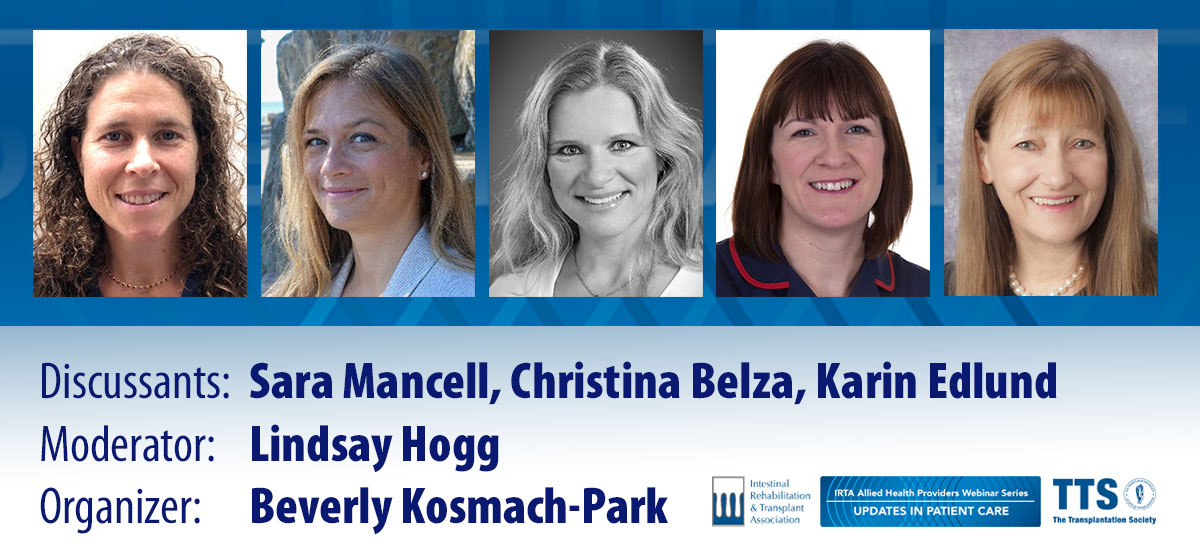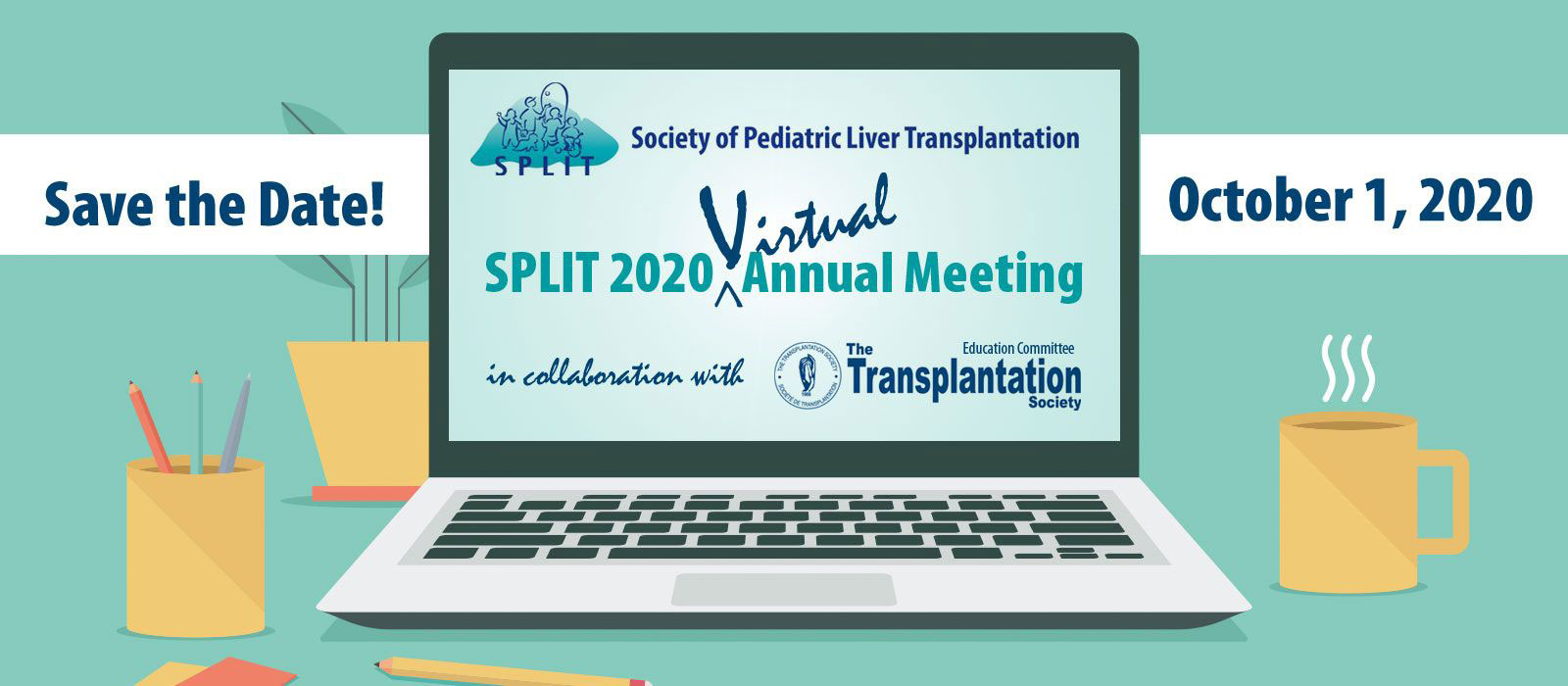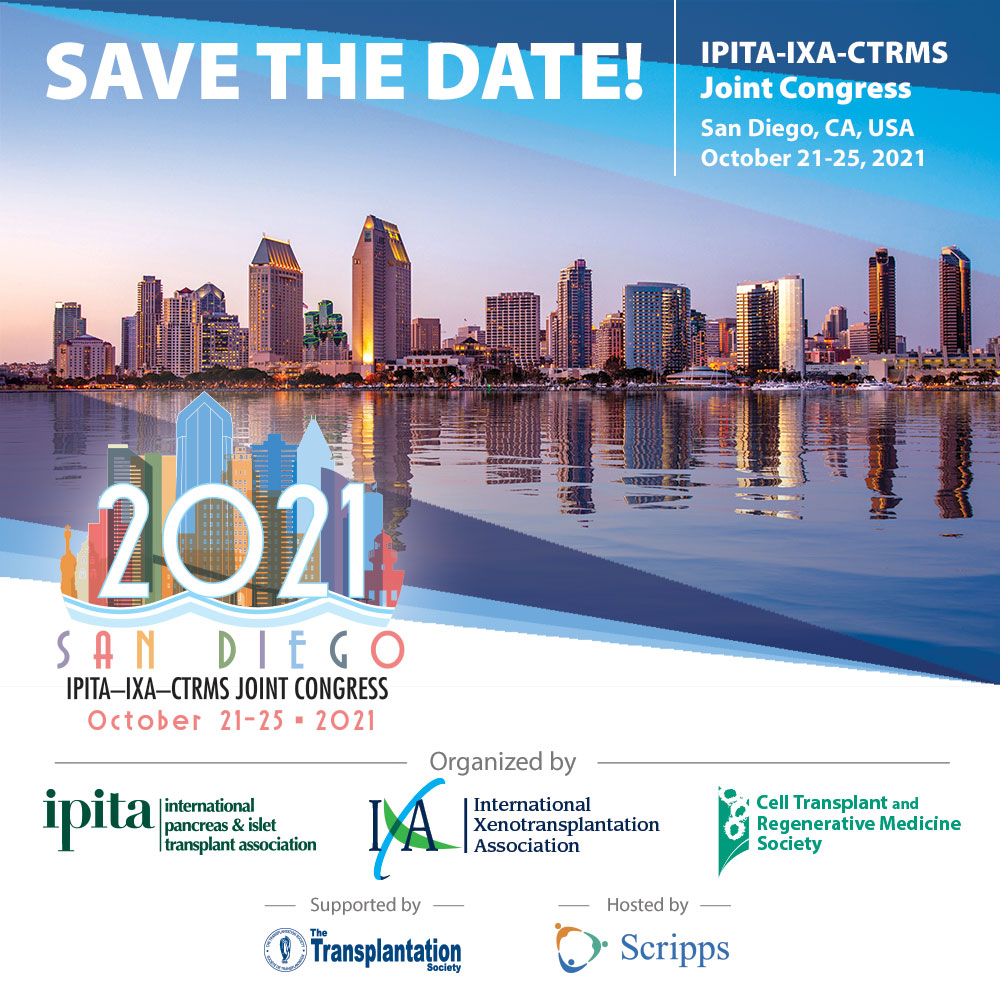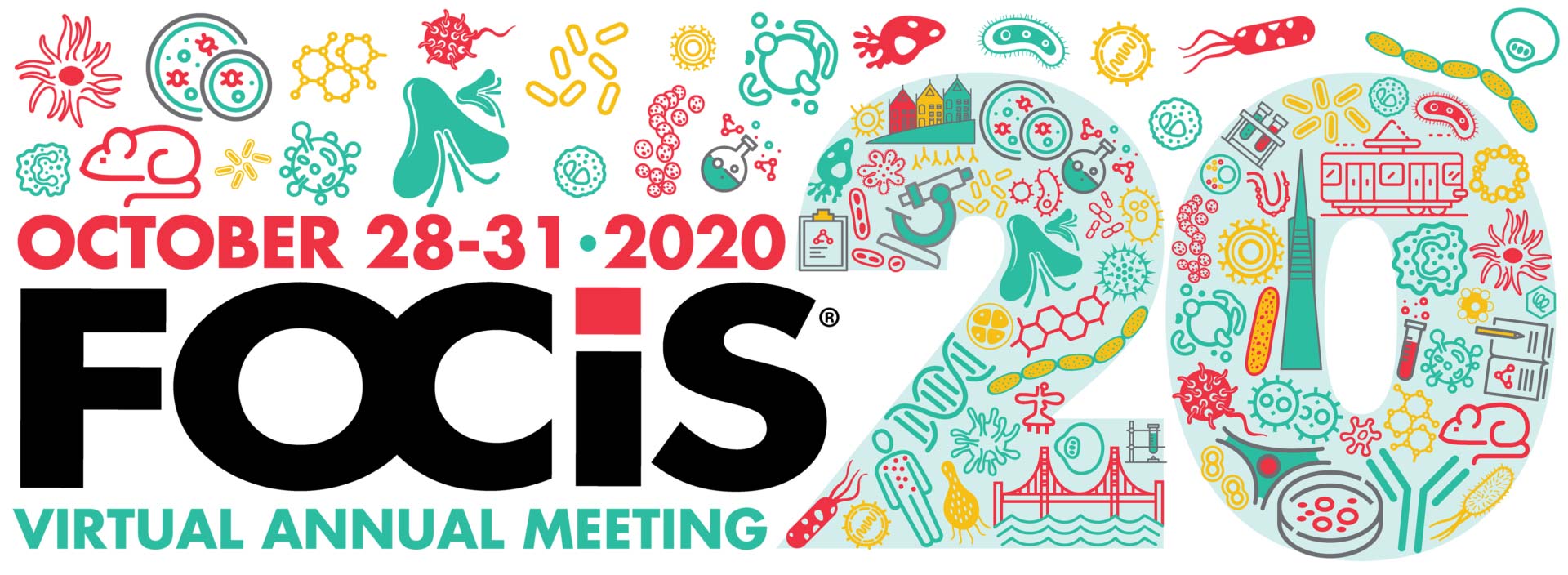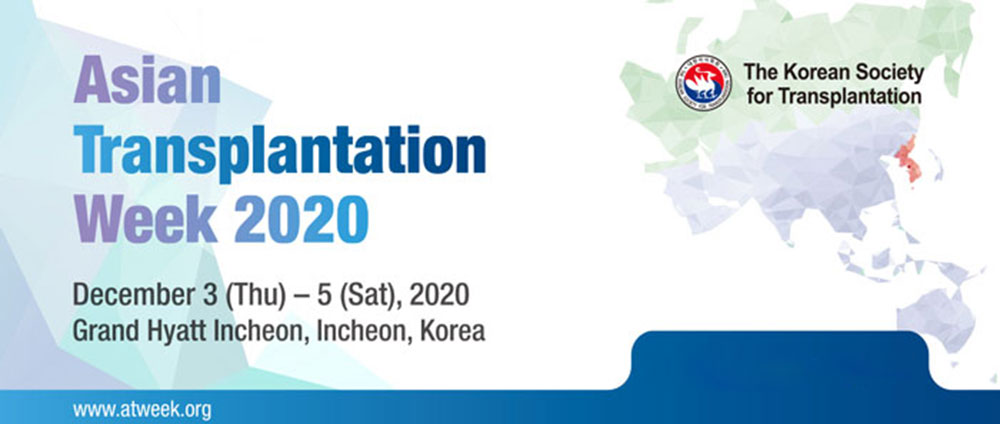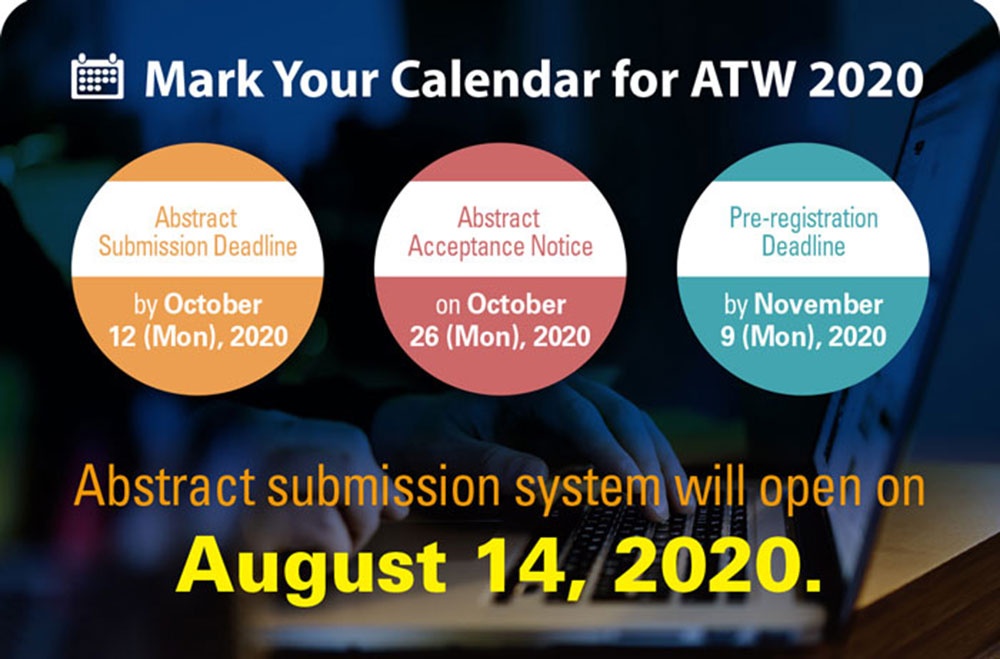
TTS 2020 Virtual Congress - Thank You!

JUST RELEASED - TRANSPLANTATION - OCTOBER ISSUE
What is in a name? Agreed nomenclature for kidney function and disease from a KDIGO consensus conference–optional now but probably mandatory in a year or two, so the article is worth a read now. The issue also contains some great reviews–T memory and B cells, HCC management and the tricky issues of transplantation in Amyloid, and APT deficiency are illuminated in these pages. Innate solutions for islets and the interplay between the heart and kidney, among many other subjects, will keep you interested in a great issue of the journal.
CLICK HERE TO ACCESS THIS ISSUE
TTS MEMBERS - CLICK HERE TO SIGN-IN FOR OPEN ACCESS THROUGH TTS.ORG
TRANSPLANTATION DIRECT - HIGHLIGHTED ARTICLE
Dr. Jeremy R. Chapman, Editor-in-Chief, Transplantation
Evidence for GTKO/β4GalNT2KO Pigs as the Preferred Organ-source for Old World Nonhuman Primates as a Preclinical Model of Xenotransplantation
Cui Y, Yamamoto T, Raza SS, et al.
Transplantation Direct: August 2020 - Volume 6 - Issue 8 - p e590
The quest for successful pig to human transplantation continues to delve into the depths of the immune response to pig carbohydrates. That quest has delivered Triple-knockout (TKO) pigs which have the 3 known pig carbohydrate xenoantigens deleted. The question asked in this paper: is this enough is answered in the negative using 72 baboon sera. It is very hard to find a non-human primate that does not have natural antibodies directed to a fourth xenoantigen exposed in the cells of TKO pigs. The researchers tested anti-pig IgM/IgG binding, and complement-dependent cytotoxicity by flow cytometry to α1,3-galactosyltransfearse gene-knockout (GTKO) and GTKO/β4GalNT2KO cells which they concluded would be a better choice for organ xenotransplantation studies.
TRANSPLANTATION - WEEK'S MOST DOWNLOADED PAPER
«HOT OFF THE PRESS»
RECENT PUBLICATIONS IDENTIFIED BY TTS EDUCATION COMMITTEE ON COVID-19
Inborn errors of type I IFN immunity in patients with life-threatening COVID-19
Qian Zhang et al.
Science. 24 Sep 2020: eabd4570. DOI: 10.1126/science.abd4570
This Article documented an enrichment in rare variants predicted to be loss-of-function (LOF) at the 13 human loci known to govern TLR3- and IRF7-dependent type I interferon (IFN) immunity to influenza virus, in 659 patients with life-threatening COVID-19 pneumonia, relative to 534 subjects with asymptomatic or benign infection. By testing these and other rare variants at these 13 loci, this study experimentally defined LOF variants in 23 patients (3.5%), aged 17 to 77 years, underlying autosomal recessive or dominant deficiencies. Human fibroblasts with mutations affecting this pathway are vulnerable to SARS-CoV-2. Inborn errors of TLR3- and IRF7-dependent type I IFN immunity can underlie life-threatening COVID-19 pneumonia in patients with no prior severe infection.
Auto-antibodies against type I IFNs in patients with life-threatening COVID-19
Paul Bastard et al.
Science. 24 Sep 2020: eabd4585. DOI: 10.1126/science.abd4585
This article reports that at least 101 of 987 patients with life-threatening COVID-19 pneumonia had neutralizing IgG auto-Abs against IFN-ω (13 patients), the 13 types of IFN-α (36), or both (52), at the onset of critical disease; a few also had auto-Abs against the other three type I IFNs. The auto-Abs neutralize the ability of the corresponding type I IFNs to block SARS-CoV-2 infection in vitro. These auto-Abs were not found in 663 individuals with asymptomatic or mild SARS-CoV-2 infection and were present in only 4 of 1,227 healthy individuals. A B cell auto-immune phenocopy of inborn errors of type I IFN immunity underlies life-threatening COVID-19 pneumonia in at least 2.6% of women and 12.5% of men.
Antigen-specific adaptive immunity to SARS-CoV-2 in acute COVID-19 and associations with age and disease severity
Carolyn Rydyznski Moderbacher et al.
Cell (September 2020), doi: https://doi.org/10.1016/j.cell.2020.09.038.
This study measured SARS-CoV2-specific antibodies (including neutralizing antibodies), SARS-CoV-2-specific CD4+ T cells, and SARS-CoV-2-specific CD8+ T cells in all individuals in 54 patients. Coordinated SARS-CoV-2-specific adaptive immune responses were associated with milder disease, suggesting roles for both CD4+ and CD8+ T cells in protective immunity in COVID-19. Notably, coordination of SARS-CoV-2 antigen-specific responses was disrupted in individuals > 65 years old. Scarcity of naive T cells was also associated with ageing and poor disease outcomes. A parsimonious explanation is that coordinated CD4+ T cell, CD8+ T cell, and antibody responses are protective, but uncoordinated responses frequently fail to control disease, with a connection between ageing and impaired adaptive immune responses to SARS-CoV-2.
Tocilizumab for severe COVID‐19 in solid organ transplant recipients: a matched case‐control study
Marcus R. Pereira et al.
American Journal of Transplantation. 18 September 2020. https://doi.org/10.1111/ajt.16314
This study evaluated the clinical characteristics and outcomes of 29 hospitalized SOT recipients who received tocilizumab for severe COVID‐19, compared to a matched control group who did not. Among a total of 117 total SOT recipients hospitalized with COVID‐19, 29 (24.8%) received tocilizumab. 90‐day mortality was significantly higher among patients who received tocilizumab (41%) compared to those who did not (20%, p=0.03). When compared to control patients matched by age, hypertension, chronic kidney disease and administration of high dose corticosteroids, there was no significant difference in mortality (41% v. 28%, p=0.27), hospital discharge (52% v. 72%, p=0.26) or secondary infections (34% v. 24%, p=0.55). Among patients who received tocilizumab, there was also no difference in mortality based on level of oxygen support (intubated v. not intubated) at time of tocilizumab initiation. In this matched control cohort study, tocilizumab appeared to be safe but was not associated with decreased 90‐day mortality.
IRTA ALLIED HEALTH PROVIDERS WEBINAR
The Allied Health Provider Committee of IRTA is pleased to present the third webinar of the Allied Health 2020 Speaker Series. This webinar will focus on patient care strategies and outcomes within intestinal rehabilitation and transplant. The topics presented will provide updates focusing on factors that impact eating and the burden of care for children with intestinal failure, and the evaluation process for intestine transplant. Each presentation will be 15 minutes in length followed by a 5-minute question period.
CORONAVIRUS (COVID-19) UPDATES
INVITATION TO PARTICIPATE

Dear Members,
Researchers at McGill University are currently conducting a study entitled LIST-COVID-19 to study the impact of the COVID-19 pandemic on transplantation activity, volumes and immunosuppression practices on a global scale. The study will also help better understand the current and anticipated risks to transplantation during the pandemic and inform clinical practice during the “ramp-up” phase. The Transplantation Society is supporting the project, as well as several National and International Societies.
They are looking for physicians who take care of patients with a solid organ transplant to take a 10-15 minute survey on behalf of their center and program. Please note this is not a patient registry and no specific patient-level data is being collected. Please be assured they will only perform a collective analysis of the survey questions and no personal information identifying the participants will be divulged. The survey responses will be confidential. If you are interested in participating, please contact them at the emails listed below.
Investigators: Shaifali Sandal, MD and Marcelo Cantarovich, MD
Contact: shaifali.sandal@mcgill.ca and marcelo.cantarovich@muhc.mcgill.ca
The Transplantation Society (TTS) and our journal Transplantation have developed online resources to keep you informed on the Coronavirus (COVID-19) outbreak.
- TTS Coronavirus (COVID-19) Dashboard
www.tts.org/covid-19 - Transplantation Global Transplantation COVID Report
www.tts.org/txjcovid19
We are also requesting contributions and news from the transplant community to be sent to covid-19@tts.org for inclusion on our resources page.
In this dashboard, you will find links to TTS and other global and regional resources, as well as interactive maps, publications and webinars. We encourage you to explore this dashboard and share with your colleagues.
Editors and contributors to Transplantation have shared their thoughts on how they are dealing with the current crisis. While we understand that the information of today may be quite different tomorrow in this fast-moving pandemic, this report will open our forum of an international exchange on COVID for the transplant community.
Website - www.tts.org/txjcovid19
Please send your own contributions and news to covid-19@tts.org for inclusion on our resources page.
IN THE NEWS
CELLULAR STUDY SHOWS THE HUMAN HEART IN ‘NEVER SEEN BEFORE DETAIL’
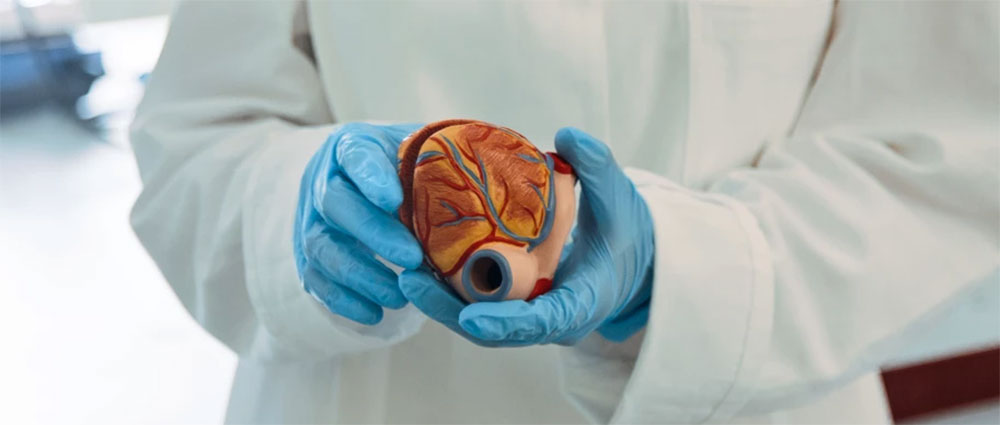
Sept. 26 - Researchers analysed almost half a million individual cells to build an extensive draft cell atlas of the human heart.They say it shows a huge diversity of cells and reveals heart muscle cell types, cardiac protective immune cells, and the intricate network of blood vessels. It also predicts how the cells communicate to keep the heart working.
RESEARCHERS DEVELOP NEW METHOD TO PRINT TINY, FUNCTIONAL ORGANS
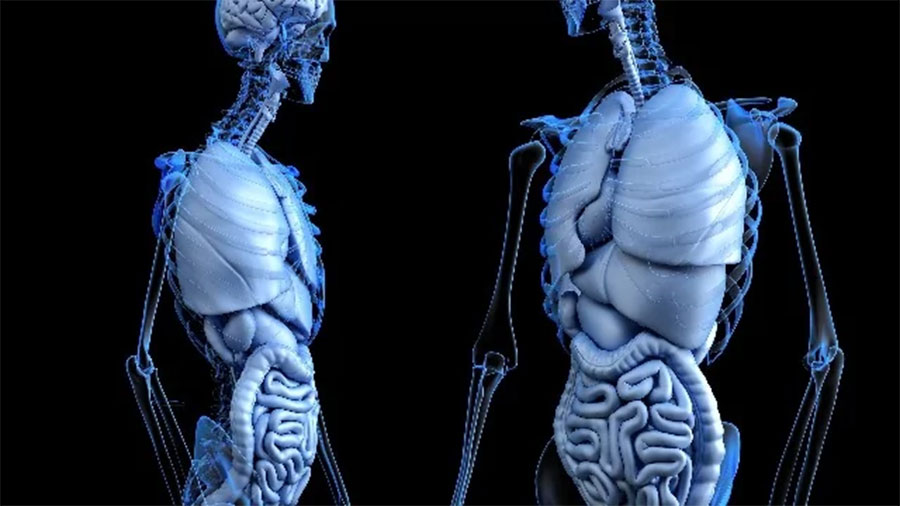
Sept. 24 - Researchers at EPFL have developed an approach to print tiny tissues that look and function almost like their full-sized counterpart. Measuring just a few centimeters across, the mini-tissues could allow scientists to study biological processes—and even test new treatment approaches—in ways that were previously not possible.
NEW APPROACH FOR HLA TESTING IN KIDNEY TRANSPLANT RECIPIENTS

Sept. 22 - Colleagues at University Hospital Erlangen, Erlangen, Germany, conducted a study to assess a new diagnostic approach to human leukocyte antigen (HLA) typing in kidney transplant recipients. The approach utilizes cultured renal tubular cells from urine samples to facilitate clinical assessment of donor specificity of de novo occurring HLA antibodies.
CHINESE SCIENTISTS BRING SAFER PIG-TO-HUMAN ORGAN TRANSPLANTS CLOSER TO REALITY
Sept. 26 - A team led by Chinese researchers say they have succeeded in producing genetically modified pigs with cells that are more compatible with the human immune system, paving the way for safe and effective organ transplants from animals to humans.
UPCOMING MEETINGS AND ANNOUNCEMENTS
SPLIT Virtual Annual Meeting
18th Asian Pacific Congress of Nephrology (APCN)
International Transplantation Science Meeting (ITS 2021)
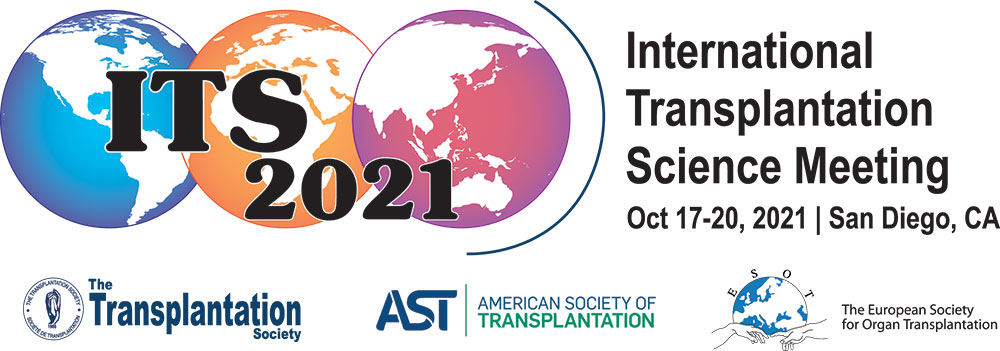
IPITA-IXA-CTRMS Joint Congress
FOCIS 2020 Virtual Annual Meeting
TTS members are invited to attend the FOCIS 2020 Virtual Annual Meeting – THE meeting in translational immunology!
The Federation of Clinical Immunology Societies exists to improve human health through immunology.
The FOCIS 2020 Virtual Annual Meeting on October 28-31, 2020, brings together an interdisciplinary group of world-renowned physicians and researchers to share the latest findings on diseases impacting the immune system.
3rd IPITA/JDRF/HSCI Virtual Summit on Stem Cell Derived Beta Cells
The International Pancreas & Islet Transplant Association (IPITA) Conference Organizing Committee is committed to bringing the community together virtually.
Asian Transplantation Week (ATW) 2020
Contact
Address
The Transplantation Society
International Headquarters
740 Notre-Dame Ouest
Suite 1245
Montréal, QC, H3C 3X6
Canada
Используйте Вавада казино для игры с бонусом — активируйте промокод и начните выигрывать уже сегодня!

